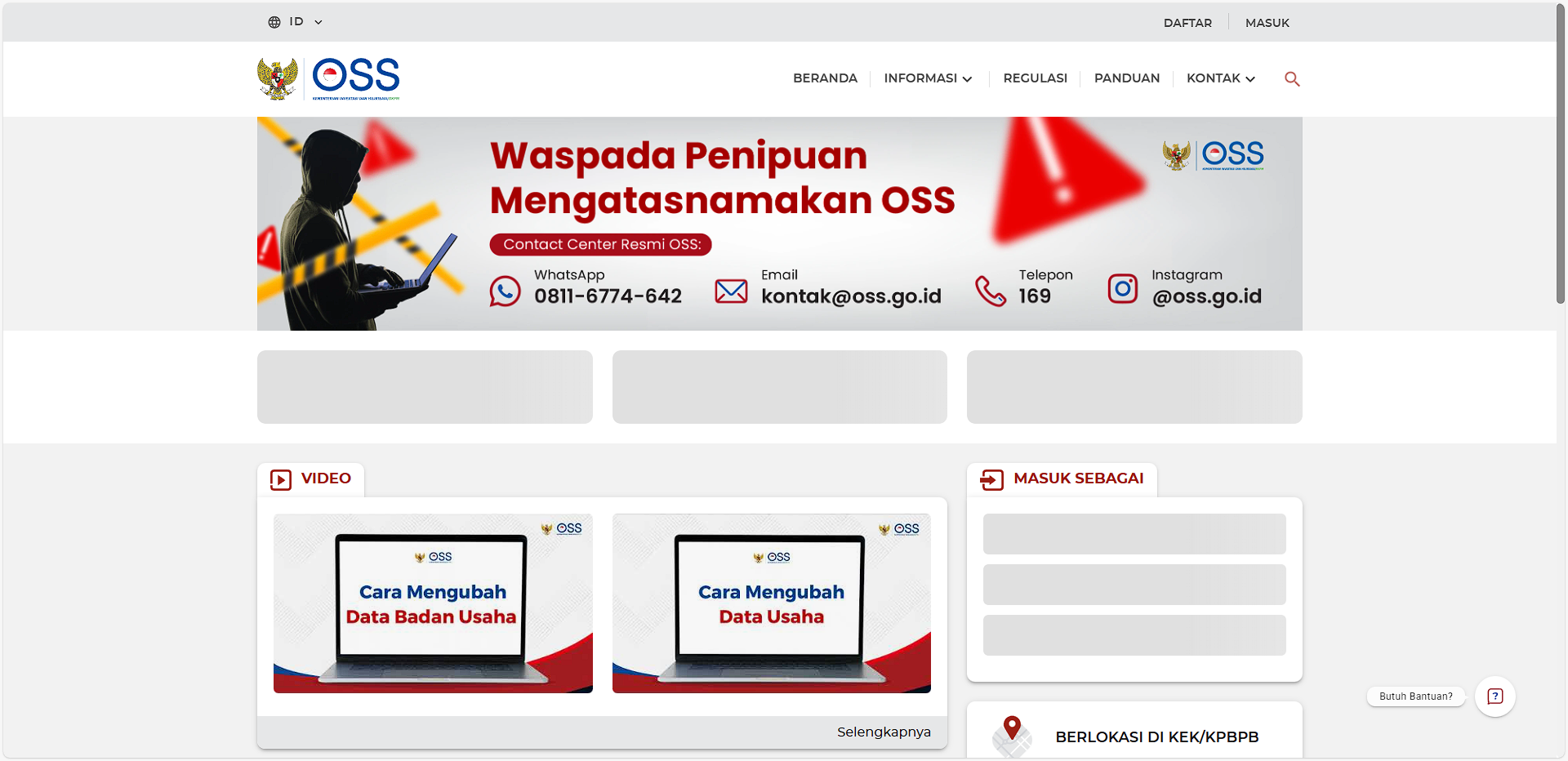table of contents
- Determine the Right Business Entity
- Prepare and Verify Your Company Name
- Draft the Company Deed & Articles of Association
- Obtain Legal Entity Status (SK Kemenkumham)
- Register with the Online Single Submission (OSS) System
- Fulfill Sectoral Licensing & Local Permits
- Open a Corporate Bank Account
- Post-Registration Compliance
- Special Considerations for Foreign-Owned Companies (PT PMA)
- Why Work with AUFAR & Co?
Share This Story, Choose Your Platform!
ndonesia is one of Southeast Asia’s fastest-growing economies, offering significant business potential for both local entrepreneurs and foreign investors. However, setting up a business legally in Indonesia requires navigating a structured legal framework that includes entity selection, licensing, tax registration, and regulatory compliance.
In this guide, we outline each step to help you start your business legally and with confidence.
Determine the Right Business Entity
The type of legal entity you choose will affect everything from ownership rights to taxes and legal liability. In Indonesia, you can choose from the following:
Note: Foreign investors must establish a PT PMA and follow specific investment thresholds and sector restrictions listed in the Positive Investment List (DNI) (Perpres No. 10 of 2021).

Prepare and Verify Your Company Name
Before registering your business, you must secure an approved company name through the Ministry of Law and Human Rights (AHU Online system). Naming rules:
- Must consist of at least three words.
- Cannot be similar to existing entities.
- Must not violate public order or morality.
This step prevents name duplication and protects your brand identity.
Draft the Company Deed & Articles of Association
With a notary public, you will draft the Deed of Establishment (Akta Pendirian) which includes:
- Company name and address
- Shareholder details
- Directors and commissioners
- Share structure and capital
- Articles of Association (Anggaran Dasar)
The notary will submit this to the Ministry of Law and Human Rights for approval.

Obtain Legal Entity Status (SK Kemenkumham)
Once approved, your company becomes a legal entity. You will receive a Decree of Legal Entity (Surat Keputusan – SK), officially recognizing your company under Indonesian law.
For PT PMA, this step is mandatory before applying for any operational licenses.
Register with the Online Single Submission (OSS) System
All businesses must register in the OSS system, managed by the Indonesian Investment Coordinating Board (BKPM). You’ll receive:
- NIB (Business Identification Number)
- Business licenses or location-specific permits
- Import/export licenses (if applicable)
- Social security numbers (BPJS Kesehatan & BPJS Ketenagakerjaan)
Note: NIB serves as both a company registration number and tax registration (NPWP), simplifying compliance.

Fulfill Sectoral Licensing & Local Permits
Depending on your business field, you may need:
- Environmental approval (UKL/UPL or AMDAL)
- Location permit
- Fire safety inspection
- Industry-specific licenses (e.g., construction, education, tourism)
Local governments may also require:
- Domicile Certificate (Surat Keterangan Domisili Usaha – SKDU)
- Operational permits or signage licenses (Izin Reklame)
Open a Corporate Bank Account
With your company documents and NPWP/NIB, you can open a business account. This is essential for:
- Separating personal and company finances
- Complying with tax and reporting obligations
- Receiving investment capital (especially for PT PMA)
Some banks may require:
- Capital injection proof
- Office lease agreement

Post-Registration Compliance
Once your business is running, ongoing compliance includes:
- Monthly tax reporting (VAT, PPh 21/23/25)
- Annual financial statements & tax return (SPT Tahunan)
- Employee registration with BPJS
- Updating licenses if ownership or activities change
Special Considerations for Foreign-Owned Companies (PT PMA)
- Minimum investment requirement: IDR 10 billion total capital, with IDR 2.5 billion paid-up (varies by sector)
- Must appoint at least:
- 1 Director
- 1 Commissioner
- 2 shareholders (at least one foreign)
- Must have a physical office address
- Must report investment activities to BKPM every quarter/year
As a boutique law firm, we provide hands-on support throughout the business setup process—from structuring your company, ensuring compliance with Indonesian law, to securing all required licenses and permits.
Whether you are launching a startup or investing as a foreign entity, our legal team offers clarity, strategy, and personalized service every step of the way.




